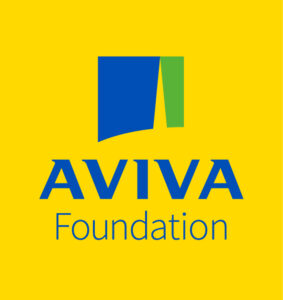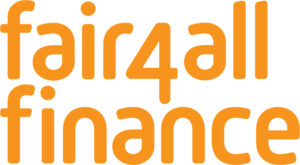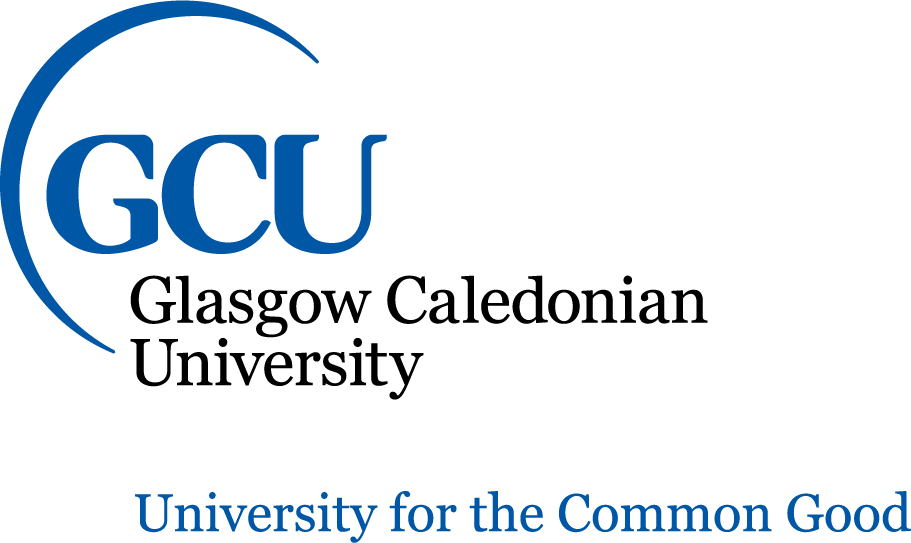Real Accounts
A long-term study of UK households’ financial lives
In spring 2023, Nest Insight, the Centre for Personal Financial Wellbeing at Aston University, and the Yunus Centre for Social Business and Health at Glasgow Caledonian University launched the Real Accounts project. Believed to be the first study of its kind in the UK, this new research programme will build an in-depth understanding of the lived experience of financial uncertainty among low to moderate income (LMI) households across the country.
In contrast with the snap-shot data achieved by annual surveys, this long-term study will provide a fully joined-up view of household finances, capturing the day-to-day, week-to-week ups and downs, and working with households to understand the situations they face and the strategies they use to manage their money. The project uses a research data collection app that has been custom designed by Moneyhub to capture real-time income and expenditure transaction data over six months for a sample of around 50 LMI households, combined with monthly qualitative interviewing. The findings will be shared widely and freely to help inform policy and market innovation and debate.
This initial phase of the project is supported by the Aviva Foundation, as part of its focus on helping people and communities feel in control and positive about their financial futures.
The Real Accounts project team is ambitious about the ways in which the study could be expanded and are currently seeking additional funding partners to extend the duration of the real-time data capture to at least 12 months. This will enable the examination of variations by calendar month over a full year, including the impact of events like school summer holidays, tax year end and the festive end-of-year period. If you’d like to find out more about how your organisation can get involved, please contact Michelle Cremin, Head of Development: michelle.cremin@nestcorporation.org.uk
Visit the programme’s website: realaccounts.org.uk
About our programme partners

The Aviva Foundation aims to help people and communities feel in control and positive about their financial futures. Millions in the UK are struggling and worried about money. The cost-of-living crisis has only added to the stress for those already living on an economic knife-edge. The Foundation funds organisations working on new ways to help people prevent and prepare for financial challenges, or deal with and recover from financial setbacks. Its ambition is to tackle difficult problems in new ways. The Foundation gives organisations the support and stability they need so they can use their expertise to innovate and transform the lives of those who need it the most. For more information, visit: aviva.com/sustainability/aviva-foundation/

Fair4All Finance is a non-profit working to make the financial services system fairer for everyone. They exist to transform the system so that everyone has access to the right products and services, whenever they need them. Their funding comes from the Dormant Assets Scheme which makes it possible for money from forgotten bank accounts to be used to help good causes. For more information, visit: fair4allfinance.org.uk/about-us/
About our research and delivery partners

The Centre for Personal Financial Wellbeing at Aston University is an interdisciplinary, academic, research centre that seeks to get to the heart of the causes and consequences of personal and household financial insecurity. It focuses on providing accessible and timely insights to support a wide range of leaders and decision makers including those in the financial service industry, third sector organisations, academics as well as the general public. For more information, visit: aston.ac.uk/cpfw

Glasgow Caledonian University (GCU) is working, through research and education, on shaping society, influencing governments and transforming people’s lives around the world. GCU is delivering world-leading research with outstanding impact, as evidenced by the results from the latest UK Research Excellence Framework in which 91% of their health research was formally classified as world-leading or internationally excellent, and more than 80% as outstanding for its impact, a result surpassed by only one other university in the UK. The Yunus Centre for Social Business and Health, where the GCU members of the Real Accounts research team are based, conducts world-leading research to conceptualise and evidence ways that lives of individuals and communities can be improved through a better understanding of various community-based and health-focused initiatives. Since 2014, the Centre conducts financial diaries research in the UK through their FinWell programme of work supported by prestigious funders (Chief Scientist Office, Economic and Social Research Council, and Guy’s and Saint Thomas’ Charity), experienced collaborators and extended policy networks. The research team now also includes GCU’s WiSE Centre for Economic Justice, experienced on gendered intrahousehold financial management. For more information, visit: gcu.ac.uk

